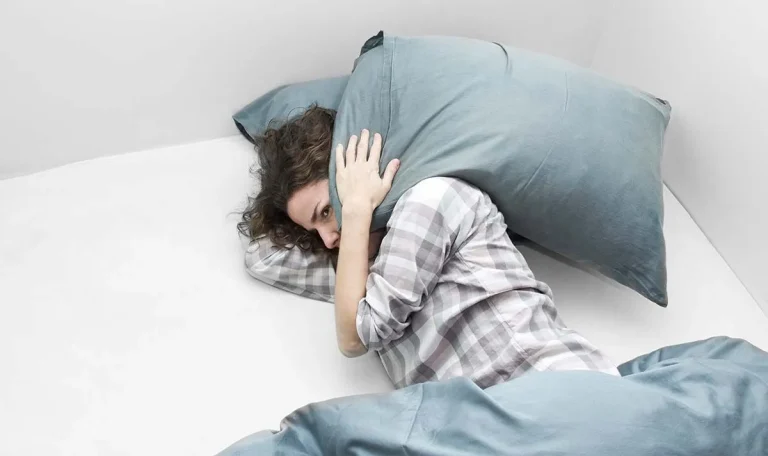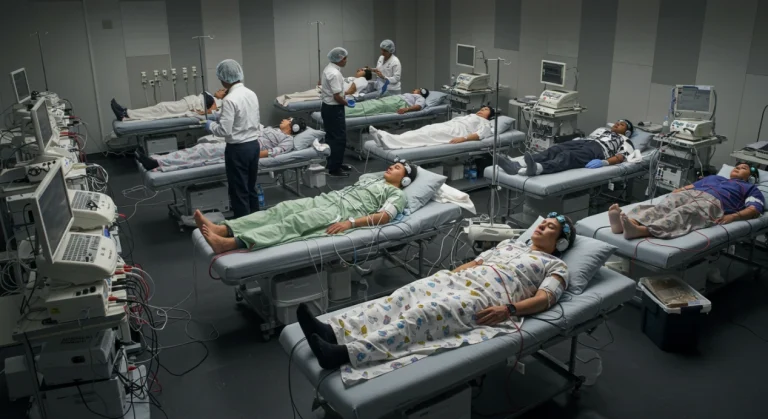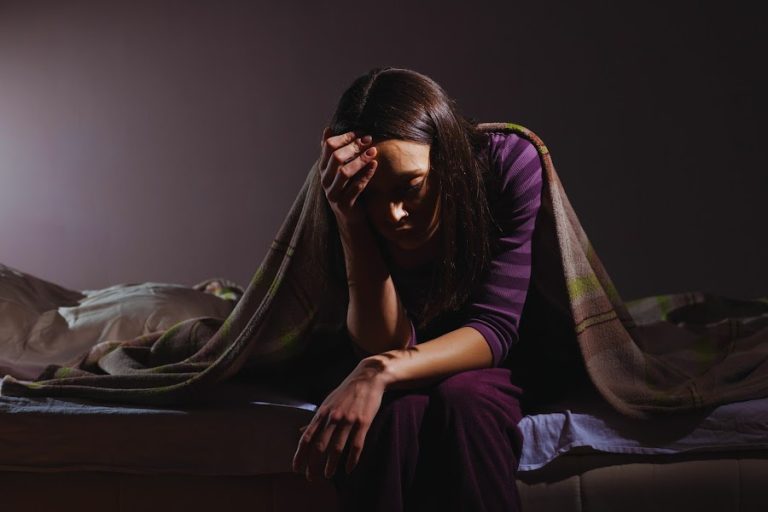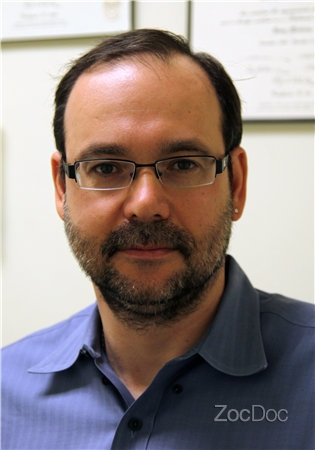The Impact of Sleep Deprivation on New York City Residents
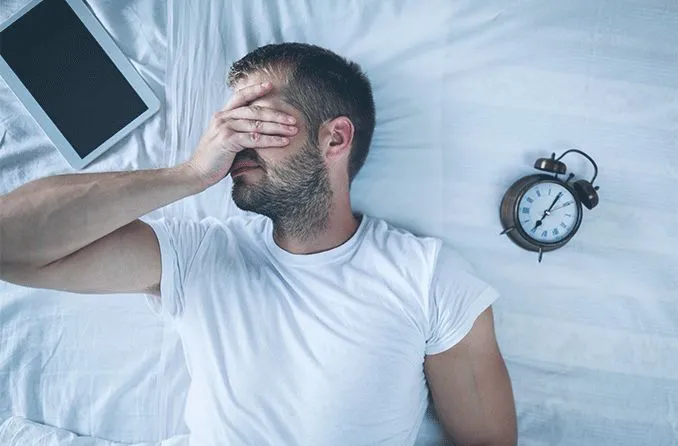
Sleep deprivation is a growing concern for many people across the country, but in a city that never sleeps like New York, the effects are especially pronounced. With fast-paced lifestyles, demanding jobs, and endless nightlife, many New York City residents struggle to get the rest they need. At Vector Sleep Diagnostic Center, we’ve seen first-hand how sleep deprivation impacts our community and are committed to raising awareness about its consequences. This guide explores the causes, effects, and potential solutions to sleep deprivation in NYC, offering insights to help residents achieve healthier, more restorative sleep.
Understanding Sleep Deprivation in New York City
Sleep deprivation occurs when individuals consistently get less than the recommended 7-9 hours of sleep per night. In a bustling city like New York, where stress levels and work demands are high, sleep often takes a backseat, leading to chronic sleep deprivation for many residents. But what exactly is causing this epidemic of sleeplessness?
Causes of Sleep Deprivation Among NYC Residents
- Work Demands and Long Commutes: Many New Yorkers work extended hours or multiple jobs to afford the city’s high cost of living. Combined with long commute times, this often leaves little time for rest.
- 24/7 City Lifestyle: New York’s nightlife, entertainment, and dining options are available around the clock. This vibrant lifestyle can keep residents awake later and disrupt their natural sleep-wake cycles.
- Noise Pollution: Traffic, construction, and general urban noise can make it difficult for residents to fall and stay asleep.
- Stress and Anxiety: High costs of living, competitive work environments, and city pressures contribute to increased stress and anxiety, which are well-known disruptors of sleep.
Effects of Sleep Deprivation on Physical Health
Sleep deprivation has severe consequences for physical health, impacting everything from immune function to cardiovascular health. Here’s how it affects the body:
- Weakened Immune System: Lack of sleep compromises the immune system, making fighting illnesses harder.
- Increased Risk of Heart Disease: Chronic sleep deprivation can lead to high blood pressure and an increased risk of heart disease.
- Weight Gain and Metabolic Issues: Sleep loss disrupts hormone balance, often leading to increased hunger and weight gain.
- Higher Risk of Diabetes: Poor sleep affects insulin sensitivity, raising the risk of Type 2 diabetes over time.
Mental Health Consequences of Sleep Deprivation
Sleep and mental health are deeply connected. Without adequate rest, NYC residents face a host of mental health challenges:
- Anxiety and Depression: Chronic sleep deprivation is linked to mood disorders such as anxiety and depression, which are prevalent among urban populations.
- Impaired Cognitive Function: Lack of sleep affects memory, attention, and decision-making, impacting work performance and daily activities.
- Increased Stress Levels: Sleep deprivation exacerbates stress, creating a vicious cycle where stress further disrupts sleep.
- Risk of Substance Use: Some individuals turn to caffeine, alcohol, or other substances to cope with sleeplessness, leading to potential dependency issues.
Impact on Productivity and Quality of Life
New Yorkers are known for their hustle, but chronic lack of sleep can take a toll on productivity and overall quality of life:
- Reduced Work Efficiency: Sleep-deprived individuals are more prone to errors and less efficient at completing tasks.
- Impaired Decision-Making: Poor sleep clouds judgment, affecting personal decisions and professional performance.
- Social Impact: With irritability and lack of energy, sleep-deprived individuals may struggle to maintain relationships and social activities.
Sleep Deprivation and Public Health in NYC
The effects of sleep deprivation go beyond individual health. They have severe implications for public health and safety in New York City:
- Higher Accident Rates: Sleep deprivation is a significant factor in road and workplace accidents, increasing risk for drivers and commuters.
- Increased Healthcare Costs: Chronic illnesses linked to sleep deprivation place a greater strain on the city’s healthcare system.
- Economic Impact: Reduced productivity and health issues associated with sleep deprivation affect the city’s economy, costing businesses and institutions valuable resources.
Solutions for Better Sleep Among NYC Residents
Combatting sleep deprivation requires a multi-faceted approach. Here are some effective ways NYC residents can improve their sleep quality:
1. Establish a Consistent Sleep Schedule
- Go to bed and wake up at the same time every day, even on weekends, to regulate your internal clock.
2. Create a Relaxing Bedtime Routine
- Wind down with activities like reading, meditating, or gentle stretching to signal to your body that it’s time to sleep.
3. Limit Exposure to Screens and Blue Light
- Avoid screens at least an hour before bed, as blue light from phones and computers can interfere with melatonin production.
4. Consider White Noise or Earplugs
- Noise pollution is a common problem in NYC, so consider using white noise machines or earplugs to block out disturbances.
5. Seek Professional Support if Needed
- If sleep issues persist, consider consulting a sleep specialist. At Vector Sleep Diagnostic Center, we offer comprehensive assessments and treatments tailored to individual needs.
How Vector Sleep Diagnostic Center Can Help
If sleep deprivation impacts your daily life, our Vector Sleep Diagnostic Center team is here to help. We provide a range of diagnostic and treatment options for sleep disorders, including sleep studies, insomnia treatments, and personalized plans to address unique challenges. Working with our experienced specialists, you can find practical solutions to achieve restful, rejuvenating sleep.
Call us at +1 718-830-2800 or email vectorsleep@gmail.com to schedule a consultation today.
Frequently Asked Questions (FAQs)
1. Can sleep deprivation have long-term health effects?
Yes, chronic sleep deprivation is associated with numerous health risks, including heart disease, diabetes, and mental health disorders.
2. How can I tell if I’m sleep-deprived?
Common signs include constant fatigue, difficulty concentrating, mood changes, and frequent illnesses.
3. What if I can’t make changes to my schedule?
Even small changes like creating a bedtime routine or using earplugs can improve your sleep quality.



